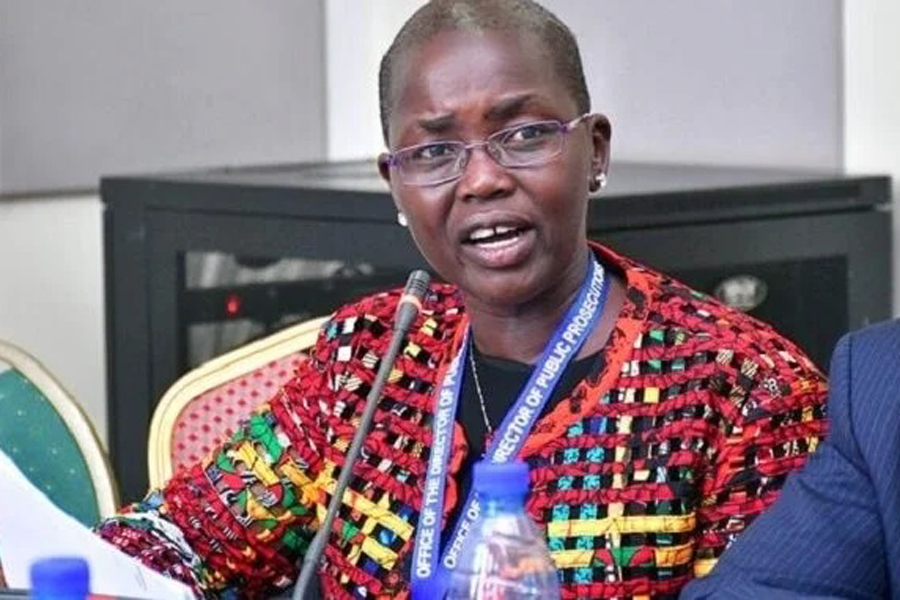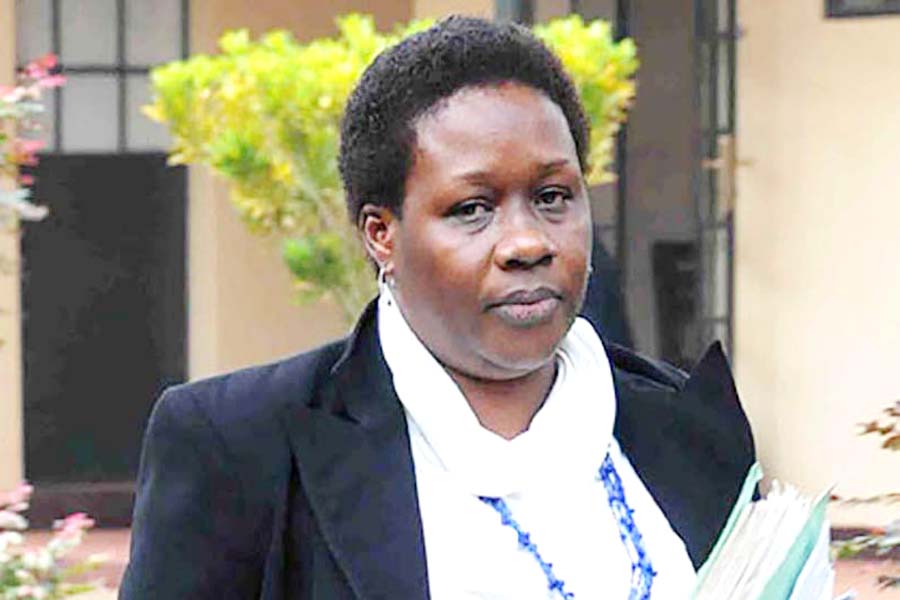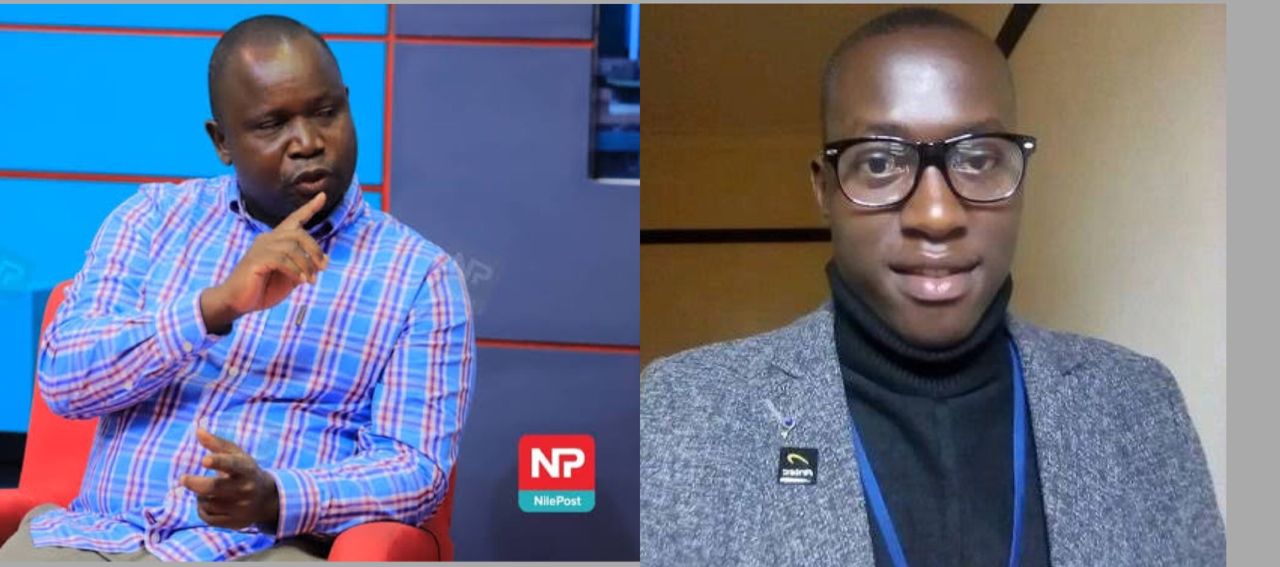DPP calls for mindset shift to deal with case backlog
The Director of Public Prosecution, Jane Frances Abodo, has called for a paradigm shift in the operation Uganda’s judicial system as one way to curb the growing case backlog.
Abodo says the adoption of prosecution-led investigations and a shift from a ‘custodial sentencing mentality’ in handing down judgements would hasten the access to justice.
Keep Reading
“Investigations need to be prosecution-guided, as is the case with many anti-corruption cases which have seen a conviction rate of over 80%. A case is won or lost at investigation.”
Records indicate that 36,729 prisoners – equivalent to 49% of the total population in Yganda’s prisons – are currently on remand. Majority of these have have not had their cases disposed of due to incomplete investigations or judgements on notice.
According to Uganda Prisons’ Spokesperson Frank Baine, the backlog is contributing to overcrowding in prisons, where four prisoners occupy the space allotted to a single prisoner.
“Our holding capacity is 20,000 prisoners but we currently have 74,000," Baine says, adding that this situation negatively impacts on access to health services and rehabilitation among others.
The DPP further called for training of judicial officers on alternative means to justice, beyond the mentality of handing out custodial sentences for every crime, which has exacerbated congestion in prisons.
Parliament’s Defence and Internal Affairs Committee Chairperson Rosemary Nyakikongoro proposes strengthening of the Police’s investigations capacity as another way to expedite handling of cases.
“There should be specific recruitments for investigations officers in police, as is the case for other ranks like cadets. This will help them sieve the best for the job, as opposed to picking out a few from the general pool,” Nyakikongoro says.
Nyakikongoro also denounced the frequent adjournment of cases in the courts of law and called for judicial officers to be required to account for the number of cases heard and disposed of in order to promote efficiency.
Whereas the constitution prescribes a maximum of 60 days on remand before trial for petty offenders and 180 days before committal to high court for capital offenders, this provision has often been abused.
Baine cites examples of inmates being cross listed but their cases not heard, while others are not attended to due to lack of judicial officers despite the system reflecting them as having been scheduled to appear before court.


















